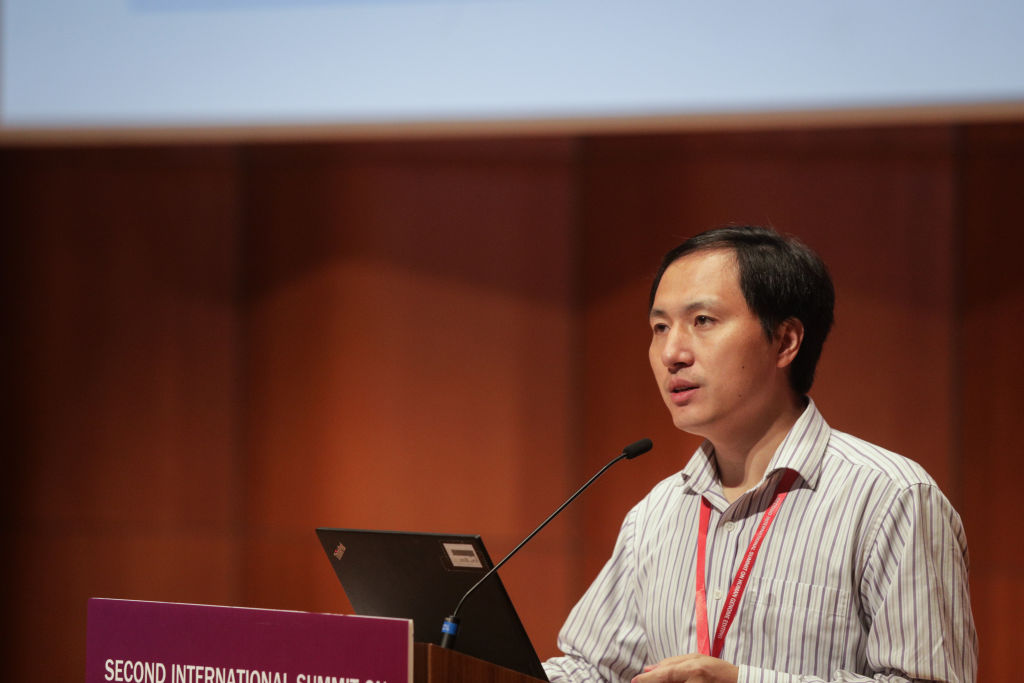
The Chinese scientist who was at the center of global condemnation for altering babies’ genes wants to use a similar technique to prevent Alzheimer’s disease.
He Jiankui, who shocked the world in 2018 by announcing he had altered the genes of embryos to make them resistant to HIV, is now proposing to test whether a particular genetic mutation confers protection against the most common cause of dementia. No human embryos would be implanted to create a pregnancy in the study — meaning no babies will be born — and it will first be trialled on a mouse, according to a post on his Twitter account late last week.
It’s unclear how the experiment would proceed as government permits and ethical approvals are required, and He is serving a lifelong ban on working in reproductive technology. He said that the genetic mutation he’s proposing to introduce to embryos will reduce the formation of a plaque in the brain that’s the hallmark of Alzheimer’s.
He re-emerged in China to set up a new lab after his release from prison in 2022, when he completed a three-year prison sentence for his earlier experiment. That work — conducted secretly and only revealed after twin girls were born — was denounced as an irresponsible use of a technology whose long-term effects are poorly understood.
While gene-editing technologies have proved beneficial for genetic disorders and rare diseases, they’re tightly regulated. Most countries, including China, ban the altering of genes in human embryos as the changes could be passed on to future generations with potentially unintended consequences.
Little is known about the lives of the children born in 2018 as a result of He’s experiment. After the controversy, China said it would more strictly control clinical trials involving gene-editing and other experimental life science technologies.
He’s previous work relied on CRISPR gene editing, though subsequent studies have shown the technology also risks damaging genetic material and causing serious side effects in the cells of human embryos. In his latest proposal, He highlighted the risks of CRISPR and said his new approach will utilize base editing, which he said is safer.
Hundreds of billions dollars have been spent by drugmakers around the world to try and treat Alzheimer’s, but there’s currently no cure for the disease.
More Must-Reads from TIME
- Cybersecurity Experts Are Sounding the Alarm on DOGE
- Meet the 2025 Women of the Year
- The Harsh Truth About Disability Inclusion
- Why Do More Young Adults Have Cancer?
- Colman Domingo Leads With Radical Love
- How to Get Better at Doing Things Alone
- Michelle Zauner Stares Down the Darkness
Contact us at letters@time.com